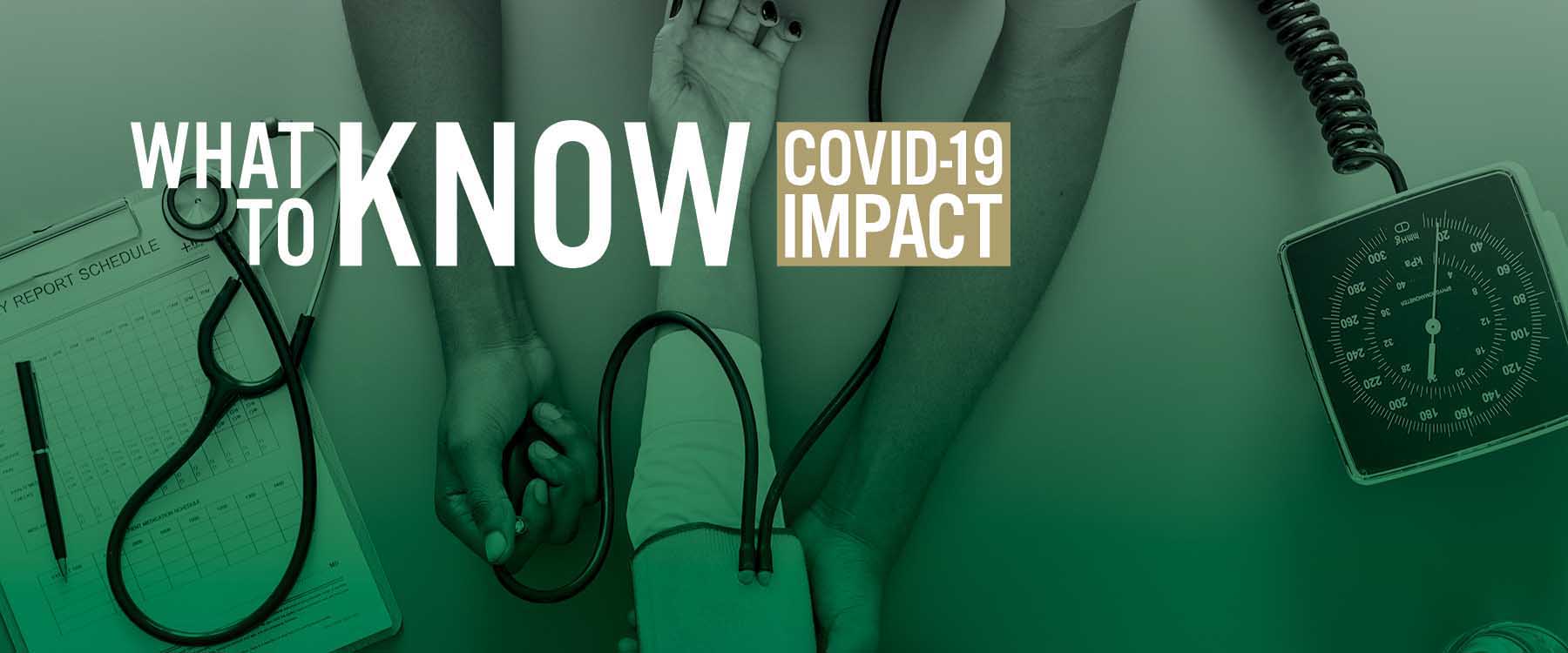
 Recent media coverage of young adults on crowded beaches during spring break has highlighted their seeming indifference to calls for social distancing by top infectious disease experts. In recent days, some beaches, parks and hiking trails have experienced record crowds (of all ages) despite shelter-in-place orders in many parts of the country.
Recent media coverage of young adults on crowded beaches during spring break has highlighted their seeming indifference to calls for social distancing by top infectious disease experts. In recent days, some beaches, parks and hiking trails have experienced record crowds (of all ages) despite shelter-in-place orders in many parts of the country.
Young people are not the only ones who appear unconcerned with dire warnings about the health risks of the coronavirus (COVID-19). A recent survey revealed that a large number of baby boomers (ages 55 to 75)—considered at high risk for complications from the virus—are not worried about infection. In fact, boomers are less likely than those in some younger age groups to cancel travel plans to reduce their risk of infection.
The widespread problem of health-related noncompliance—referred to sometimes as “the most ignored national epidemic”—is not unique to the current pandemic. Each year, anywhere from 10 to 25% of all hospital admissions are due to noncompliance with prescribed treatment regimens. Approximately 20 to 30% of prescriptions for medication are never filled. Almost half of people in treatment for chronic health conditions are not fully compliant.
Why do people ignore medical advice that could save their lives? There are several reasons; research indicates:
- The human tendency to minimize or outright dismiss certain threats provides a sense of control in uncertain situations and serves as a powerful defense mechanism. A common reaction to threats that seem overwhelming is denial. This can take the form of minimizing a threat (“It’s no worse than the flu”), minimizing one’s vulnerability (“I’m young and healthy”) or even dismissing the threat altogether (“The media created the virus”).
- People estimate the probability of risk—and decide the odds outweigh probable danger. In cases such as COVID-19, an invisible threat that has not affected one’s immediate social circle may appear to be nonexistent. In contrast, the probability of enjoying social connections with family and friends seems high. The likelihood of exposure to the threat seems low and distant compared to that of having fun.
There is no simple solution to noncompliance with medical advice. Factual information about health threats and risk-reduction is necessary, but often not sufficient. Understanding social factors and belief systems, such as politics or religion, that might influence risk appraisal, is essential. So is forming communication strategies with these factors in mind. At the cultural level, a paradigm shift may be necessary for how people view risk-reduction in a changing world where the risk of infection requires permanent lifestyle adjustments for everybody.
Richard D. McAnulty is an associate professor of Psychological Science at UNC Charlotte. He is a licensed psychologist in North Carolina. His research interests include health behavior, risk-taking and relationship trends and problems.